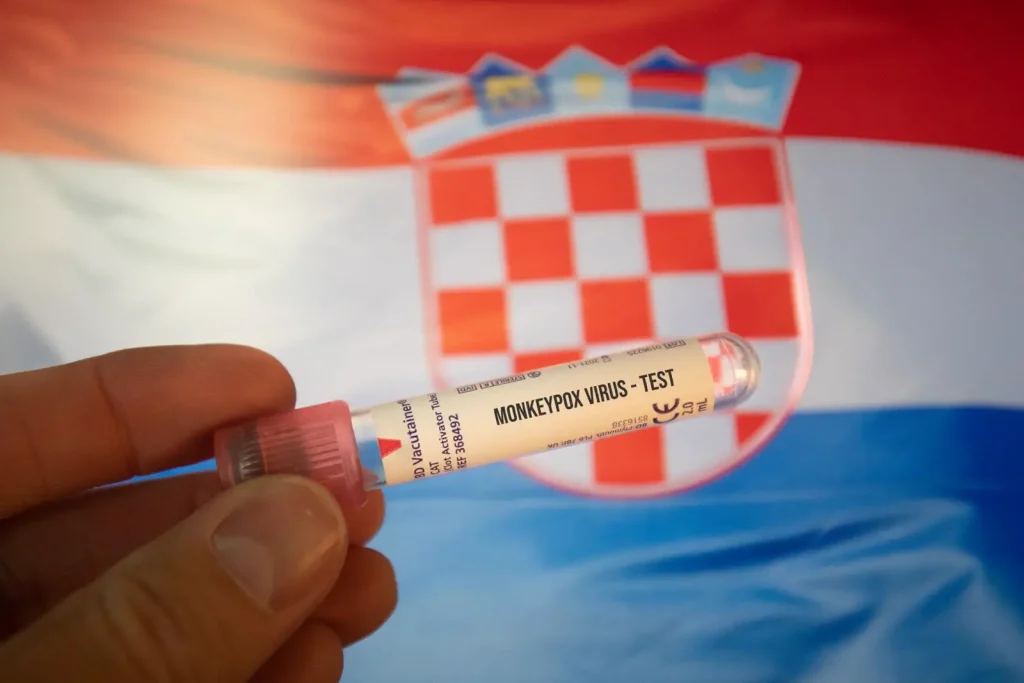Croatia expects the first batches of vaccines against this rare infectious disease in the coming weeks.
Doctor Petrović said that each member-state of the European Union would prepare its plan for containing this disease.
The European Commission has organised joint public procurement of the vaccines. The distributed amount of doses will be in proportion with the number of citizens in each member-state, Petrović said.
Croatia can expect 1,400 doses for immunisation of persons who have been in close contact with monkeypox patients.
According to the explanation given by the World health Organisation (WHO), monkeypox is usually a self-limited disease with symptoms lasting from 2 to 4 weeks. Severe cases can occur. In recent times, the case fatality ratio has been around 3–6%.
Monkeypox is transmitted to humans through close contact with an infected person or animal, or with material contaminated with the virus.
Until 23 July this year, 3040 cases of monkeypox had been reported to WHO, from 47 countries.
This prompted WHO Director-General Tedros Adhanom Ghebreyesus to decide to declare that the global monkeypox outbreak represents a public health emergency of international concern.
“Although I am declaring a public health emergency of international concern, for the moment this is an outbreak that is concentrated among men who have sex with men, especially those with multiple sexual partners,” said Ghebreyesus.
“That means that this is an outbreak that can be stopped with the right strategies in the right groups,” reads a press release on the WHO website.
It’s therefore essential that all countries work closely with communities of men who have sex with men, to design and deliver effective information and services, and to adopt measures that protect the health, human rights, and dignity of affected communities.
Stigma and discrimination can be as dangerous as any virus, the WHO underscores.
For more news about Croatia, click here.











